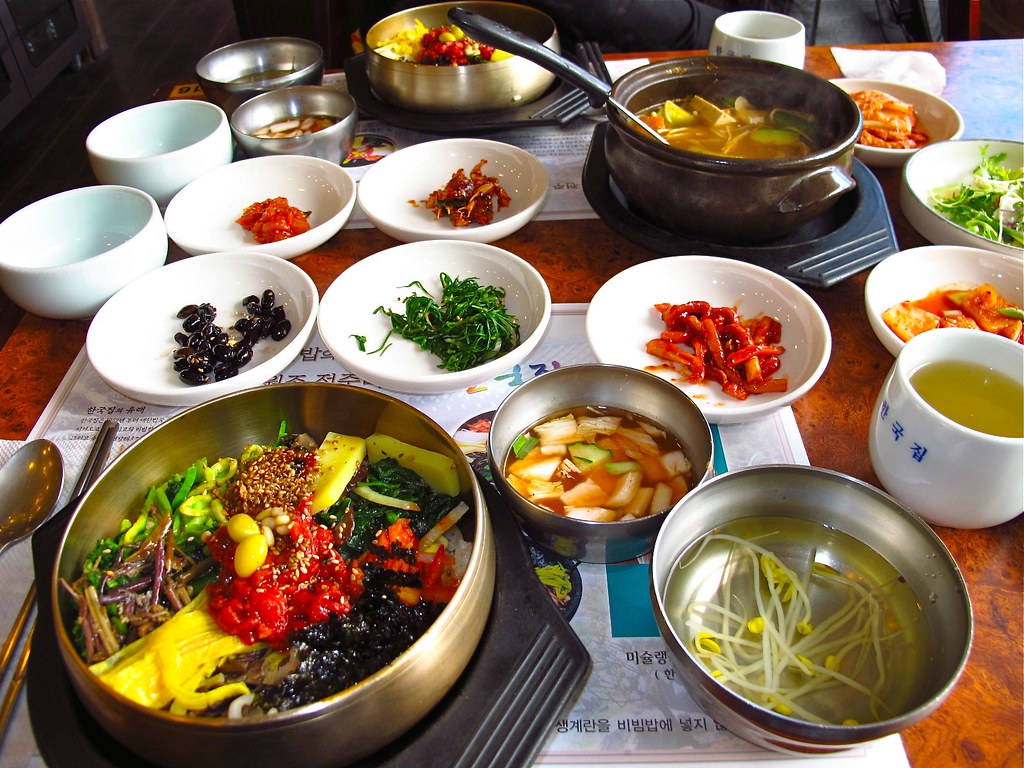Cities are cultural mixing pots, and Ghana’s energetic capital, Accra, is no exception. Food is perhaps the most important factor in forming the city’s cultural landscape, even though art, music, and language all contribute to its distinct identity. With its vibrant marketplaces and street food vendors outside each bus stop, Accra uses its cuisine to convey its story.
Food in Accra is more than just sustenance; it’s a social connector.
SOCIAL SIGNIFICANCE
Family gatherings, celebrations, and even business meetings often revolve around shared meals. Imagine the scene: a group huddling around a steaming pot of jollof rice, laughter filling the air as they debate the merits of different cooking styles.
The history and geography of the capital of Ghana Accra are directly reflected in its food scene. Fresh fish that has been properly cooked and seasoned is abundant due to coastal influences. The agricultural diversity of the surrounding areas is highlighted by traditional delicacies like fufu and groundnut soup or banku and tilapia. These recipes, which have been handed down through the years, are live examples of the city’s cultural legacy. Each bite transports diners back in time, bringing them closer to the land and their ancestors.
THE ADVENT OF STREET FOOD
Another essential component of Accra’s culinary culture is street food. Vendors around the main thoroughfares and close to all the bus stops provide a quick, inexpensive, and delectable sample of the city. These quick lunches, which range from spicy kebabs (chichinga) to roasted plantains (kelewele), are a mainstay for people who live in hectic cities. In addition to offering quick dining options, these culinary entrepreneurs also make a substantial economic contribution to the community and liven up the streets.
Additionally, Accra’s cultural character is inextricably linked to the components themselves. When paired with locally grown vegetables, these distinctive flavors produce a genuine and remarkable culinary experience. It’s like taking a crash lesson in Accra’s cultural legacy when you visit a local market, which is brimming with vibrant fruits, veggies, and spices.
To sum up, food in capital of Ghana serves many purposes beyond simple sustenance. It is a potent representation of identity, history, and community. The city’s cultural landscape is shaped by food, which binds people to their history, present, and one another. This is evident in everything from the communal sharing of traditional recipes to the tasty and easy street food that can be found next to any bus stop. To grasp the essence of Accra and its rich cultural fabric, one must first investigate its gastronomic scene.
